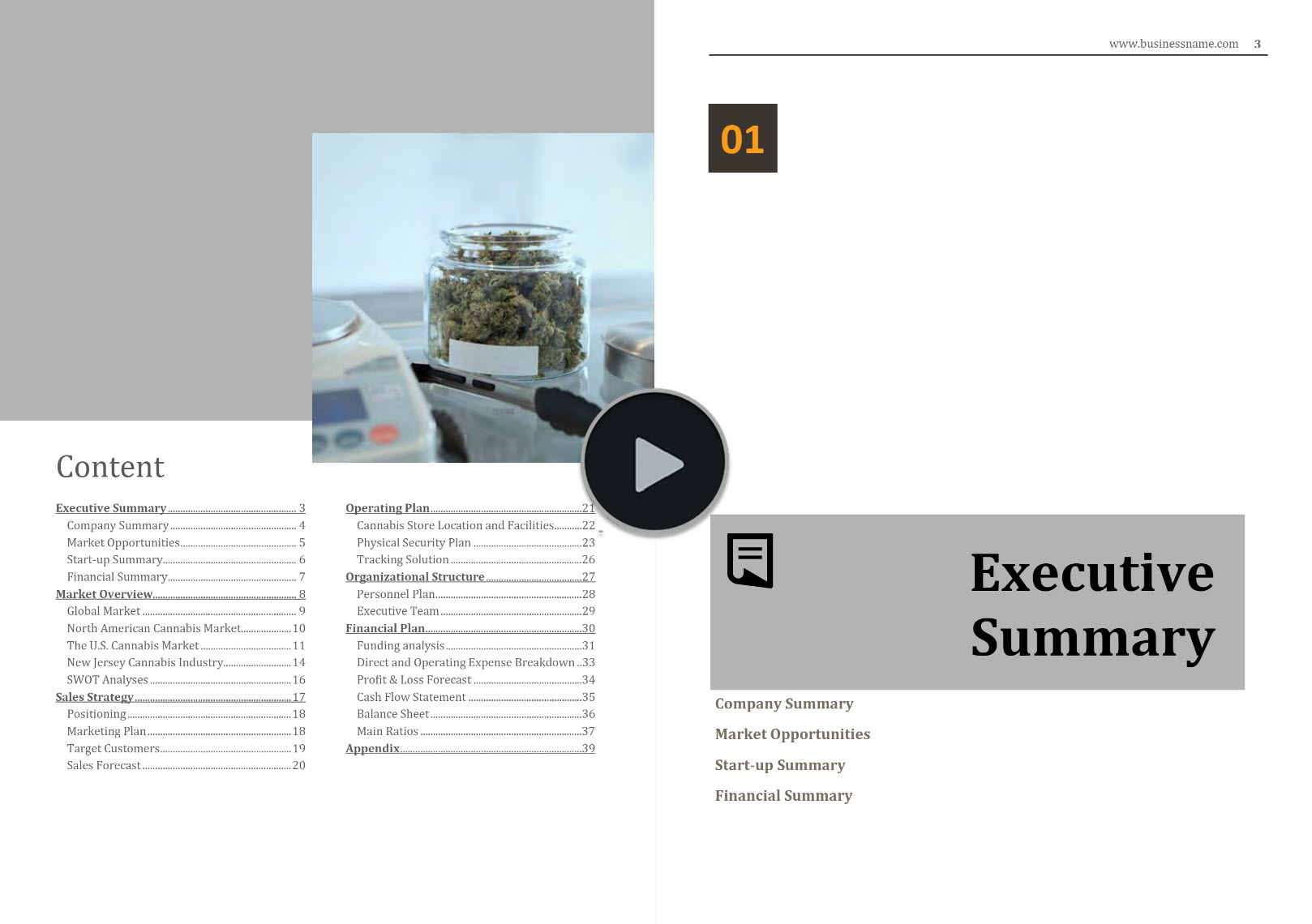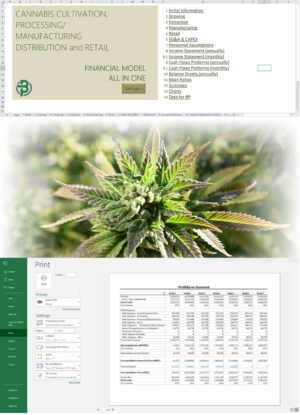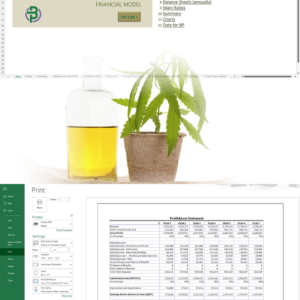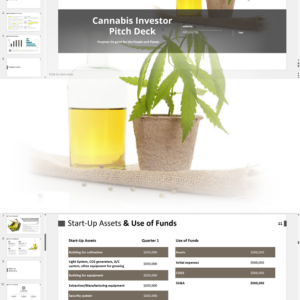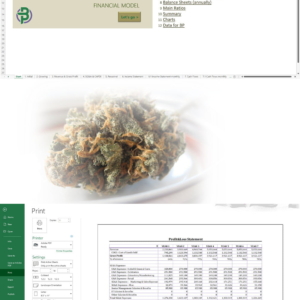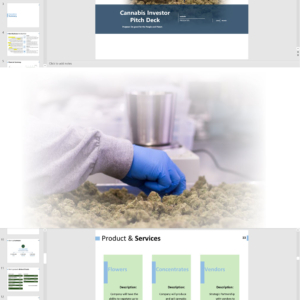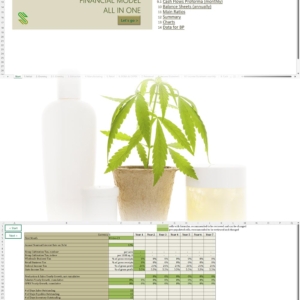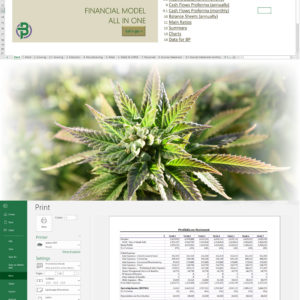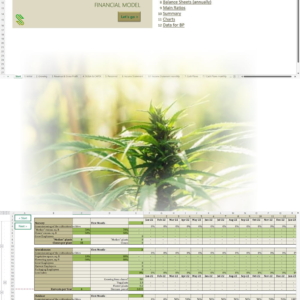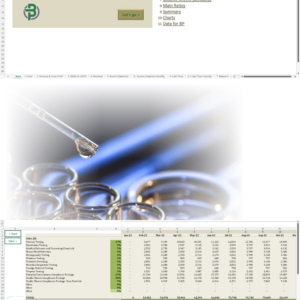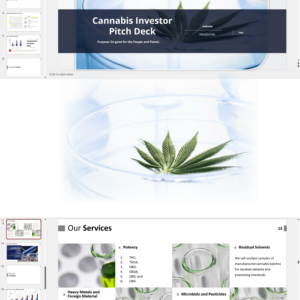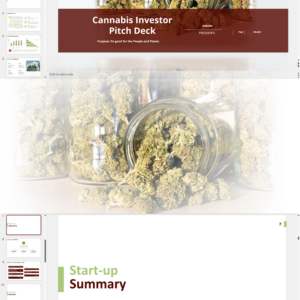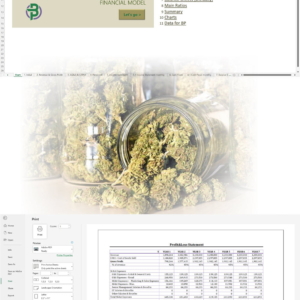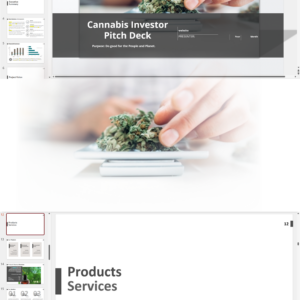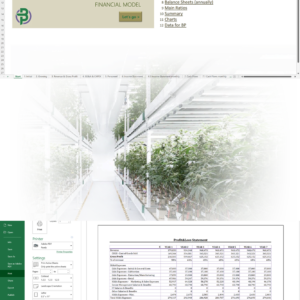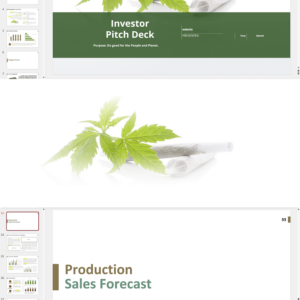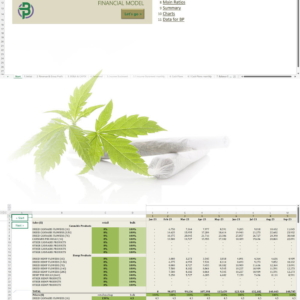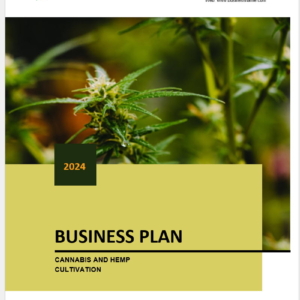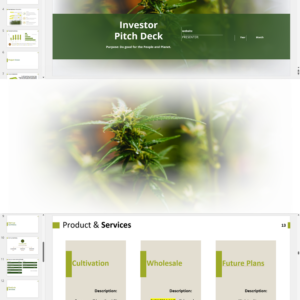New Jersey cannabis market was legalized in the medical part in 2010 and on November 3, 2020, voters approved recreational cannabis legalization. It is projected that adult-use sales could reach $950 million by 2024. New Jersey Cannabis Market
New Jersey Cannabis Business Licenses Types
A Cannabis Cultivator may cultivate, process, and package cannabis, to transfer cannabis to other cannabis establishments (CE), but not to consumers. Cultivators must select what tier they will be in by determining the total canopy they will cultivate.
Tier I = Mature cannabis plant grow canopy area greater than 2,500 sq ft but no more than 10,000 sq ft
Tier II = Mature cannabis plant grow canopy area greater than 10,000 sq ft but no more than 25,000 sq ft
Tier III = Mature cannabis plant grow canopy area greater than 25,000 sq ft but no more than 50,000 sq ft
Tier IV = Mature cannabis plant grow canopy area greater than 50,000 sq ft but no more than 75,000 sq ft
Tier V = Mature cannabis plant grow canopy area greater than 75,000 sq ft but no more than 100,000 sq ft
Tier VI = Mature cannabis plant grow canopy area greater than 100,000 sq ft but no more than 150,000 sq ft
(application submission and approval fees $400+$1,600; license fees: Tier I – $5,000, Tier II – $10,000, Tier III – $20,000, Tier IV – $30,000, Tier V – $40,000, Tier VI – $50,000 )
A Cannabis Manufacturer is an entity authorized to obtain, manufacture, process, and package cannabis and cannabis products, to transport cannabis and cannabis products to CEs, and to transfer cannabis and cannabis products to other CEs, but not to consumers.
(application submission and approval fees $400+$1,600; license fees: up to 10,000 sq ft – $20,000, more than 10,000 sq ft – $30,000)
A Cannabis Wholesaler is an entity authorized to store, sell or otherwise transfer, recreational use cannabis items between cannabis cultivators, wholesalers, or retailers.
(application submission and approval fees $400+$1,600; license fees $10,000)
A Cannabis Distributor is an entity authorized to transport cannabis items in bulk between cannabis cultivators, manufacturers, or retailers within the state of New Jersey.
(application submission and approval fees $400+$1,600; license fees $3,000)
A Cannabis Retailer is an entity authorized to purchase recreational use cannabis from licensed cultivators, manufacturers, or wholesalers and sell those items to consumers in a retail store.
(application submission and approval fees $400+$1,600; license fees $10,000)
A Cannabis Delivery is an entity that may only transport a consumer’s purchases of recreational use cannabis and related supplies from the retailer to that consumer.
(application submission and approval fees $400+$1,600; license fees $3,000)
A Testing Laboratory is an entity authorized to analyze and certify cannabis products for compliance with applicable health, safety, and potency standards.
(application submission and approval fees $400+$1,600; license fees $4,000)
Microbusinesses can be a cannabis cultivator, manufacturer, distributor, retailer, or delivery service. The business must meet all of the following requirements:
- have no more than 10 employees at one time;
- have a physical plant of no more than 2,500 square feet; and in the case of a cannabis cultivator, the canopy height cannot be more than 24 feet;
- possess no more than 1,000 mature cannabis plants each month (cannabis distributors are exempt); and
- acquire no more than 1,000 pounds of usable cannabis (or the equivalent amount in other forms) each month.
(application submission and approval fees $200+$800; license fees $1,000)
Weed Delivery Service in New Jersey
A New Jersey Cannabis Delivery Licensee provides courier services for consumer purchases of cannabis and related products fulfilled by a cannabis retailer for the purpose of making deliveries of cannabis and related products to the consumer. Courier services cannot store cannabis products, they can only deliver items customers have already ordered from a retailer. Social Equity and Diversely-Owned Businesses can submit applications on September 27, 2023. Diversely-Owned Businesses can begin applying on December 27, 2023. Everyone else may start submitting applications on March 27, 2024.
New Jersey Cannabis Licensing Process
Before you apply:
- Decide what kind of business you want to establish.
- Determine your potential location and look into the municipal regulations regarding cannabis business where you intend to establish your business.
- Check off all the items on the pre-application check list.
- Read through the Application Guide.
- Develop a cannabis business plan to estimate the start-up expenses and potential profitability. The business and financial plan for annual license applications shall include a full business plan, including at a minimum a description of the proposed business, the value proposition for consumers, an overview of proposed financing for the business, product and pricing plan, market analysis, and a complete profile of the management of the license applicant.
License applicants shall create at least one account on the Commission’s application submission portal and shall electronically submit all information and attachments required by the Notice through the application submission portal.
The mandatory submission requirements for all New Jersey cannabis business license applicants:
1. The license applicant entity’s legal name, under which it is registered to do business in the State of New Jersey by the Division of Revenue and Enterprise Services in the Department of the Treasury;
2. Documentation of a valid Business Registration Certificate on file with the Division of Revenue and Enterprise Services in the Department of the Treasury;
3. Federal and State tax identification numbers;
4. A primary contact, including address and contact information;
5. Disclosure of all Persons of Interest with true and complete responses to all questions regarding Persons of Interest provided, however, that gender, race, and ethnicity are optional submissions;
6. Disclosure of all Entities of Interest and true and complete responses to all questions regarding Entities of Interest;
7. The proposed location of the cannabis business;
8. The identity and contact information for the proposed landlord, if applicable;
9. Full and truthful responses to all license-holder eligibility and qualification questions on the application, including but not limited to:
10. Entity Disclosure Forms for the license applicant and all Entities of Interest;
11. Personal History Disclosure Forms for all Persons of Interest;
12. Evidence that all Persons of Interest will cooperate with a criminal history background check pursuant to N.J.A.C. 17:30-7.12;
13. Formation documents for the license applicant and all Entities of Interest;
14. All management services contracts and financial source agreements, whether executed or proposed;
15. Any Vendor-Contractor agreements if the Vendor-Contractor qualifies as an Entity of Interest;
16. An affidavit that the statements included in the application are true and correct, sworn by the license holder representative;
17. An authorization to release all information pertaining to the license holder as requested by the Commission, signed by the license applicant representative;
18. A waiver of liability for any damages that may result to the license applicant from any disclosure or publication in any manner, other than a willfully unlawful disclosure or publication, of any information acquired during the licensing process, signed by the license applicant representative;
19. All applicable fees required pursuant to N.J.A.C. 17:30-7.17; and
20. Responses to all required questions and measures for the type and class of license sought, pursuant to this Notice.
New Jersey cannabis business license applications deemed complete by the Commission will be scored in accordance with the following measures: Business and Financial Plan; Operating Plan Summary; Business Experience; Environmental Impact Plan; Safety and Security Plan; Community Impact, Social Responsibility and Research Statement; Workforce Development and Job Creation Plan; Standard Operating Procedures (“SOPs”); In-State Collective Bargaining Agreement; Out of State Collective Bargaining Agreement; Project Labor Agreement for Facilities; Project Labor Agreement for Associated Projects; New Jersey Resident.
Cannabis Retail Business Plan and SOPs (Regulatory Compliance Plan) Templates for NJ
New Jersey Cannabis Taxes
A cannabis cultivator (Class 1 licensee) must charge a Social Equity Excise Fee (SEEF) on the sale, or transfer, of recreational cannabis to other cannabis establishments, except to other Class 1 license holders. The SEEF is not imposed on retail consumers. Beginning January 1, 2024, the SEEF is $1.24 per ounce of cannabis.
Retail sales of recreational cannabis and cannabis products are also subject to Sales and Use Tax at a current rate of 6.625%, which must be reported and remitted to the Division of Taxation by filing Form ST-50C on a quarterly basis. Medical Cannabis. As of July 1, 2022, retail sales of medical cannabis are no longer subject to Sales and Use Tax.
Cannabis Retail Microbusiness Business Plan Sample, New Jersey
'70% ready to go' business plan templates
Our cannabis financial models and cannabis business plan templates will help you estimate how much it costs to start and operate your own cannabis business, to build all revenue and cost line-items monthly over a flexible seven year period, and then summarize the monthly results into quarters and years for an easy view into the various time periods. We also offer investor pitch deck templates.
Best Selling Templates
Hemp CBD business plan templates are available at hempcbdbusinessplans.com.

